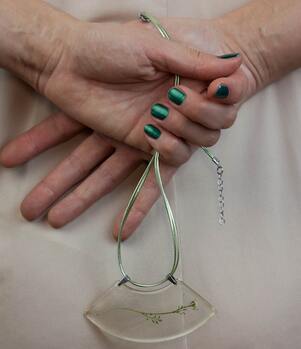At inSync for life, we acknowledge the Traditional Custodians of the land on which we work and live.
We recognise their continuing connection to land, water and community, and we pay respect to Elders past, present and emerging
We recognise their continuing connection to land, water and community, and we pay respect to Elders past, present and emerging
Copyright © inSync for life 2024


 RSS Feed
RSS Feed